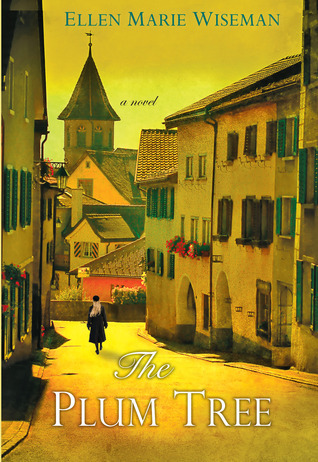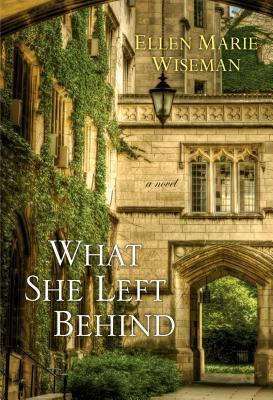
The Plum Tree
Book Description
Amid the shadows of World War II, a forbidden love blooms in a German village, where danger lurks around every corner. Young Christiana, trapped between her family's loyalty to the Reich and her heart's desire for the Jewish artist, Adam, faces impossible choices that could shatter her world. When the brutal realities of war force her to confront deep-seated loyalties and the true cost of love, Christiana must navigate a treacherous landscape filled with betrayal, hope, and sacrifice. As loyalty and morality clash, can one woman's courage change the fate of those she loves? Will love conquer all when the stakes are this high?
Quick Book Summary
Set in a small German village during World War II, "The Plum Tree" by Ellen Marie Wiseman tells the story of Christiana, a young woman whose life is torn between loyalty to her family and her love for Adam, a Jewish man. As the war intensifies and the Nazis' oppression grows, Christiana and Adam's forbidden romance is tested by fear, betrayal, and impossible choices. Christiana risks everything, facing moral dilemmas in a society consumed by hate while striving to protect Adam and others persecuted by the regime. Their love becomes a symbol of hope and resilience amid overwhelming suffering, illuminating the enduring power of compassion and humanity even in the darkest times. In this courageous tale of sacrifice and determination, Christiana must decide how far she is willing to go—and what she is willing to lose—for the sake of love and justice.
Summary of Key Ideas
Table of Contents
Forbidden Love and Its Consequences
Christiana, the story's protagonist, lives in a small village in Nazi Germany, where the ordinary rhythms of life are upended by the rise of Hitler and the onset of World War II. Her life becomes profoundly complicated when she falls in love with Adam, a Jewish artist whose very existence is endangered by the anti-Semitic policies of the regime. While Christiana’s family initially tries to maintain neutrality, they, too, are increasingly swept up in the demands of the state and the constant threat of suspicion. As the war progresses, Christiana is forced to confront the reality of their deeply divided society and the personal risks inherent in loving someone targeted by the regime.
Moral Courage in a Time of Oppression
Christiana and Adam’s relationship is at the heart of the novel, thrusting both into the center of moral and existential dilemmas. Their bond is kept secret, shadowed by the ever-present threat of discovery by neighbors, the Gestapo, or even friends. When Adam is ultimately arrested and sent to a concentration camp, Christiana’s loyalty to him leads her to extraordinary acts of courage. Despite the danger, she devises ways to help Adam and others like him, from smuggling food to risking her own freedom in attempts to resist injustice. Her love for Adam compels her forward even as the world grows more dangerous.
Family, Loyalty, and Betrayal
The war exerts a relentless toll on Christiana, her family, and her village. Food becomes scarce, suspicion pervades every interaction, and nearly everyone is forced to choose between complicity and resistance. Christiana’s family, torn by necessity and fear, must navigate their own survival within a society where allegiance to the Reich is demanded and deviation is perilous. Betrayal looms as a constant threat, both from within the community and among acquaintances, further complicating the lines between right and wrong as Christiana seeks to protect those she loves.
Survival Amidst War and Persecution
Navigating the horrors of the Holocaust and the collapse of her country, Christiana’s journey becomes one of resilience and unrelenting hope. She confronts the cruelty and loss with acts of kindness and small rebellions that become lifelines for herself and Adam. As Germany crumbles and liberation becomes possible, the physical and emotional cost of survival is laid bare. Even in the darkest times, Christiana’s compassion and sense of justice never waver, offering a powerful testament to the endurance of human spirit and hope in the face of overwhelming odds.
Hope and Humanity in Darkness
By weaving together personal struggle, romance, and historical reality, "The Plum Tree" illustrates how war tests the limits of loyalty, love, and morality. Christiana emerges as a symbol of everyday heroism, demonstrating that conscience and the capacity for sacrifice can change—and save—lives even when the world seems beyond redemption. The novel closes with a message of hope, affirming that love and humanity can endure the worst atrocities and eventually pave the way for healing and reconciliation.
Download This Summary
Get a free PDF of this summary instantly — no email required.





